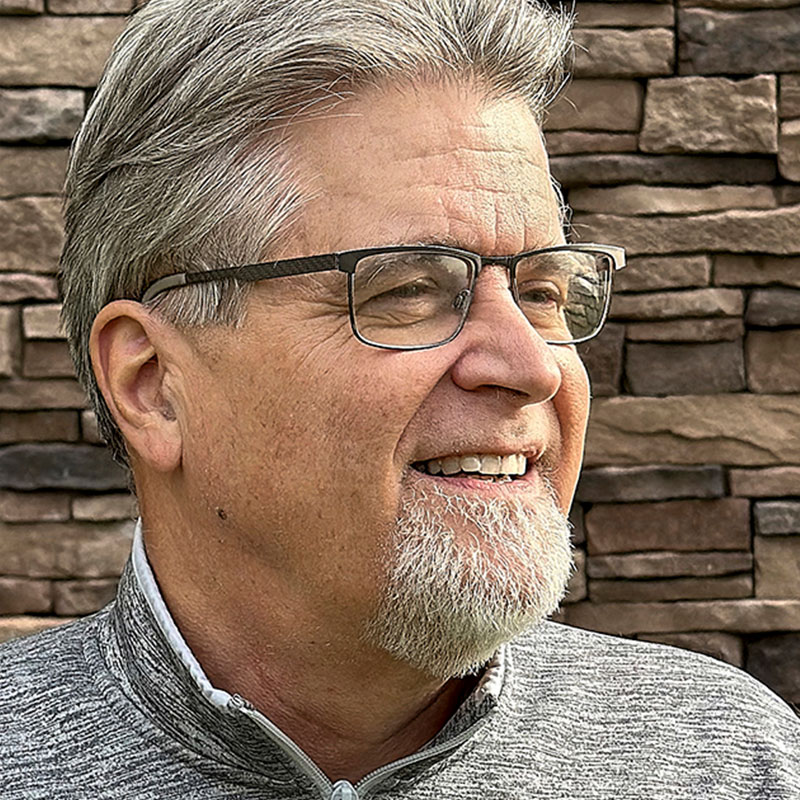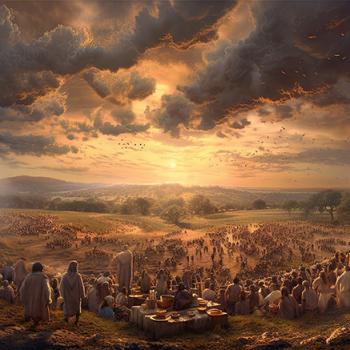But they did build egalitarian, compassionate communities.

What Most of Us Think is Church
Today, the ubiquitous image of “church” to your average person is a large building with a cross somewhere on display. As a community, this “church” is made up of members who attend a weekly meeting at this building on Sunday mornings, evenings, and sometimes weekdays. Then you have the “church” pastors (or priests), sometimes one, sometimes a team, who 99 times out of 100 are all men (in conservative churches). They (and a small staff) get a salary for their work taken out of tithes from the church members. If it’s in a denomination, then there are other salaried people above this level. Then, there are volunteer leaders (again, usually men)—a board of elders, deacons, home group leaders, and a worship leader—under the pastors. Boards can technically oversee the pastors, but also can be rubber-stamp boards.
More times than not, in my evangelical experience, the average church is all about promoting and providing the following: a statement of faith, worship, church bands or choirs, sermons, communion, Bible studies, teaching on acceptable lifestyles, prayer meetings and ministry, youth groups, Sunday school, pre-marital counseling, evangelistic outreach, baptisms, support for overseas missions, fellowship (potlucks and picnics), and conducting funerals. With some exceptions, these churches rarely had ministries that actually provided practical care for people’s physical, emotional, or mental health. It was largely about spiritual salvation and growth, praying for people, and religious codes of conduct.
In my 25 plus years in evangelicalism, I only went to one church that actually had a ministry to the poor. Granted, there were some individuals who did in a couple churches. And in my overseas mission work we did relief and development projects for the impoverished, but these were exceptions. This one ministry in a church had a great program done once a year called Day of Hope. Church members and even non-members volunteered to extend free services to the poor in the community on this one day (anything from providing goods to dental care). Both recipients and volunteers loved it. The problem was, after the church did it a few years, they dropped the whole program. They were too busy doing the other things to have time for it. In some evangelical churches, people would occasionally help out at a local soup kitchen for the homeless or visit prisoners, but this was not part of the heart of the church.
The sad part about this commentary is that the original “church” of the first and second century was little like what I just described. The exceptions would be outreach to the poor, practicing some form of prayer, and fellowship over food, which the early church called a “Love Feast,” before there was such a thing as communion.
The Myth of “Church” and the Early Church
Jesus did not found an institutional church. His “church,” or ekklesia in the Greek, was simply a gathering or following of people who were students of the new way of life of love he taught, which included care for the poor and marginalized at its core. Ekklesia is mistranslated as “church” and should really be translated “a gathering.” The same word was used in Acts to describe a mob of people who opposed Paul. Ekklesia was not a religious organization or denomination, had no hierarchy, no professional clergy, and no sacred people, places, buildings, music, creeds, or objects.
Ekklesia was contrary to the religions of the day, whether Jewish, Roman, the Emperor cult, or one of the many “mystery religions.” All the religions of that day (including Judaism) had a set of rituals, sacrifices, priests, and temple(s). Earliest Jesus gatherings had none of that. They were in reality an “anti-religion” movement. This is why the Romans called the first followers of Jesus atheists. They didn’t believe in the gods, didn’t practice sacrifices or rituals, followed a man called “Lord” who was not the emperor but merely a peasant, and didn’t have a system of religion inside sacred temples or synagogues. That system, that became Christianity and the Church, didn’t arise until two centuries later.
E.P. Sanders tell us that “all scholars agree that Jesus did not foresee an institutional Church with a professional priesthood that would have authority to absolve sins.” And by implication, have spiritual authority over church members or to run a religious organization like a business.
Leaders and Women in the Early Church Gatherings
Early gatherings of Jesus followers had leaders, but they were informal and a plurality with no hierarchy. No leaders were salaried. They were servant leaders as Jesus instructed, not lording it over others nor imposing a “church” tithing system on people. Women were fairly prominent in these gatherings, despite English translations of Paul’s letters that appear to contradict that. The woman, Junia, in Romans 16:7 was called an apostle by Paul. Her name was changed to a male form in English translations for centuries. The original Greek states that Phoebe, in Romans 16:1–2, was a “presiding officer,” a leader, at a church. That was changed by translators to terms like “deacon” (NIV) or “servant” (KJV).
The passages by Paul that say women should remain silent in the church have been shown to be frauds. The one in I Timothy was not from Paul. An overwhelming majority of scholars conclude the pastoral epistles were not authored by Paul. The real Paul said there is no male and female or slave or free or Jew or Gentile in Christ. As for the other passage about women remaining silent in I Corinthians, evidence reveals it was a gross mistranslation. In other words, Paul was actually quoting his adversaries and rejecting what they said about women. Greek lexicographer, Ann Nyland, says two words were left out (twice) in English translations: “Utter Rubbish!” In other words, Paul thought the view is garbage, or I daresay, bullshit! The other theory, even postulated by evangelical scholars Gordon Fee and F.F. Bruce, is that this passage was added later to certain manuscripts by a copyist (added without the “Utter Rubbish” phrase) to reinforce the misogyny of the day. There is good textual evidence for this.
How the Early Church (Gatherings) Grew
These Jesus gatherings attracted new people to join them because they were practicing the love ethic of Jesus. Not because they went out and had evangelistic meetings with altar calls that preached Jesus was the only way to heaven. They cared for the sick, aided the poor, practiced non-violence, and mocked the corrupt religious, wealthy, and empire elites and systems. They proclaimed a message of universal love taught by a peasant named Jesus who was Lord over earthly kingdoms because of his way of radical charity for all, even for enemies. This theory of life attracted both the needy and the prominent. Historian Rodney Stark says these gatherings provided a mini welfare system for the poor in Roman cities.
Gatherings were local groups called followers of the way, with designations of their groups that included “Jesus clubs, movements for the Savior, communities of the Anointed, and schools of the Lord.” They met in homes, courtyards, and in informal ways around one common practice: have a meal together (Love Feast) and remember Jesus and the love ethic he taught and demonstrated by his life, death, and non-retaliatory resurrection. Then go out and practice that ethic and encourage others to do the same.
Rethinking “Church”
This earliest “church” was not going to church the way we think of church. But they were egalitarian, compassionate bands of followers. So, what does this all mean? Well, for one, that going to a modern church is completely optional for someone who follows Jesus. There are many other ways to practice Jesus’ love ethic in a humanitarian, inclusive community besides going to church. Actually, only a gathering of two or three people is necessary, according to Jesus. It also means the original way of Jesus was largely nonreligious. Rather, it was a new way of life that challenged the common religious, imperialistic, greedy, and violent ways of the world. Finally, it probably means most of us need to seriously rethink “church.” Especially, since modern churches are frequently guilty of spiritual abuse (another topic for another day).
******
Author and Podcaster Michael Camp tends the Spiritual Brewpub, which helps disillusioned or post-evangelicals (or “nones”) uncover historical facts and insights that help them deconstruct, rethink, and rebuild a more authentic faith or philosophy of life. He is the author of Craft Brewed Jesus and Confessions of a Bible Thumper. To get specific help deconstructing conservative Christianity and rebuilding healthy faith, see Michael’s Religious Deconstruction Workshop. Watch a video version of this article here: No, Jesus Did Not Found Church.














